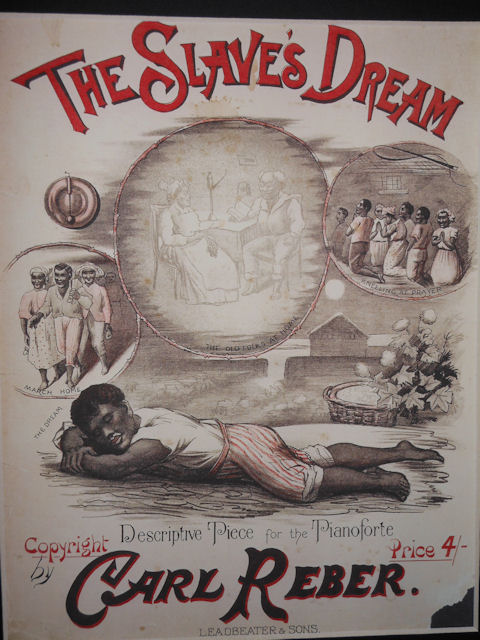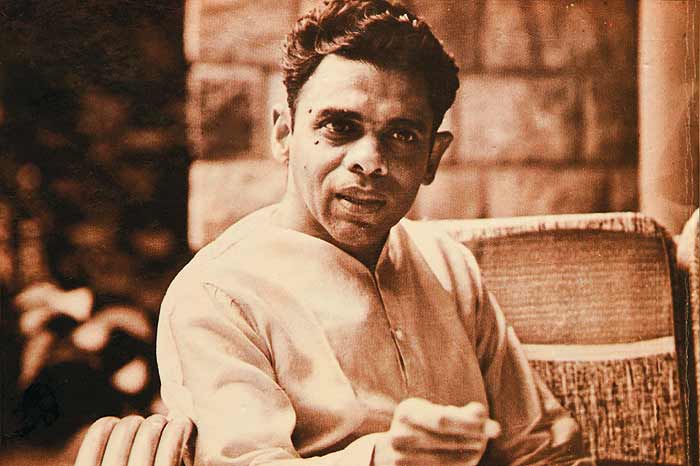I Remember, I Remember setting comprises the childhood of Thomas Hood. In this poem, Hood goes back down memory lane to bring back treasured memories from his childhood. Nature is a prominent setting in the childhood memories Hood unearths. He recollects a garden full of flowers and the fir trees that he was surrounded by. This setting of a happy childhood and beautiful nature has been used to accentuate the bleakness and drudgery of adult life by contrast.
I Remember, I Remember summary: Line by Line
This I Remember, I Remember summary offers a line-by-line explanation of the poem
I
remember, I remember,
The
house where I was born,
The
little window where the sun
Came
peeping in at morn;
He
never came a wink too soon,
Nor
brought too long a day,
But
now, I often wish the night
Had
borne my breath away!
The poet, while reminiscing the days of his childhood, recollects the house in which he grew up. His memories bring back images of a little window in his house through which sunlight used to filter in. He says how the sun would always rise and set at the same time every day, implying the stability and consistency which children have the luxury of taking for granted. The stanza ends on a wistful note, with Hood saying how he wishes life had ended when he was still a kid. This shows that Hood laments the loss of childhood happiness; and a stark contrast is drawn between the bliss of childhood and the hardships of adult life.
I
remember, I remember,
The roses, red and white,
The
vi’lets, and the lily-cups,
Those flowers made of light!
The
lilacs where the robin built,
And where my brother set
The
laburnum on his birthday,—
The tree is living yet!
In the second stanza, Hood is recollecting the beautiful flowers he enjoyed appreciating as a kid. He talks about the red and white roses, violets, lily cups, and lilacs that probably adorned the garden in his childhood home. It seemed to him then that the flowers were made of light – so beautiful they were. He then remembers the laburnum tree that his brother had planted on one of his birthdays. He adds that the tree survives still, although the beauty that abounded his childhood is gone. This stanza shows how children have the abandon and simplicity to enjoy the little joys of life like nature.
I
remember, I remember,
Where I was used to swing,
And
thought the air must rush as fresh
To swallows on the wing;
My
spirit flew in feathers then,
That is so heavy now,
And
summer pools could hardly cool
The fever on my brow!
In the third stanza, Hood talks about the carefree playfulness of childhood. He recollects the swing from his childhood, which would buoy both him and his spirits up. While enjoying the physical rush and breeziness that can be experienced when swinging, he wondered if the swallows felt the same rush of air while flying. Hood talks about the lightness of childhood, indicating freedom from the worries and cares of adulthood. His spirit that was a light as feathers as a kid has become heavy as an adult. The summer pools that soothed him as a kid can barely calm the heat he carries in his brows, which is a reference to the regrets and sorrows that mount as more life happens. Once again, a contrast is drawn in this paragraph between the innocent abandon of childhood and the worry-ridden life of an adult.
I
remember, I remember,
The fir trees dark and high;
I used
to think their slender tops
Were close against the sky:
It
was a childish ignorance,
But now ’tis little joy
To know
I’m farther off from heav’n
Than when I was a boy.
In the fourth stanza, Hood talks about childhood naiveté and says how as a kid, he used to think that the top of dark and high fir trees could almost touch the skies. Now he is an adult who knows better, but there is little joy in knowing that the heaven is further off than he imagined it to be as a kid. Ignorance is bliss, which is perhaps why kids are a blissful lot because they were ignorant of and protected from a lot of harsh realities of life.
I Remember, I Remember Central Idea
I Remember, I Remember central idea focuses on the loss of childhood happiness and the contrast between the blissful life of childhood and the drudgery of adult life. Hood evokes wonderful memories of his childhood to tell his readers about the happiness he has once experienced. However, these happy memories are evoked not just to reminiscence but to contrast it with the darkness of the poet’s adult life to express to the readers better how miserable the poet feels.
Some online learning platforms provide certifications, while others are designed to simply grow your skills in your personal and professional life. Including Masterclass and Coursera, here are our recommendations for the best online learning platforms you can sign up for today.
The 7 Best Online Learning Platforms of 2022
- Best Overall: Coursera
- Best for Niche Topics: Udemy
- Best for Creative Fields: Skillshare
- Best for Celebrity Lessons: MasterClass
- Best for STEM: EdX
- Best for Career Building: Udacity
- Best for Data Learning: Pluralsight















